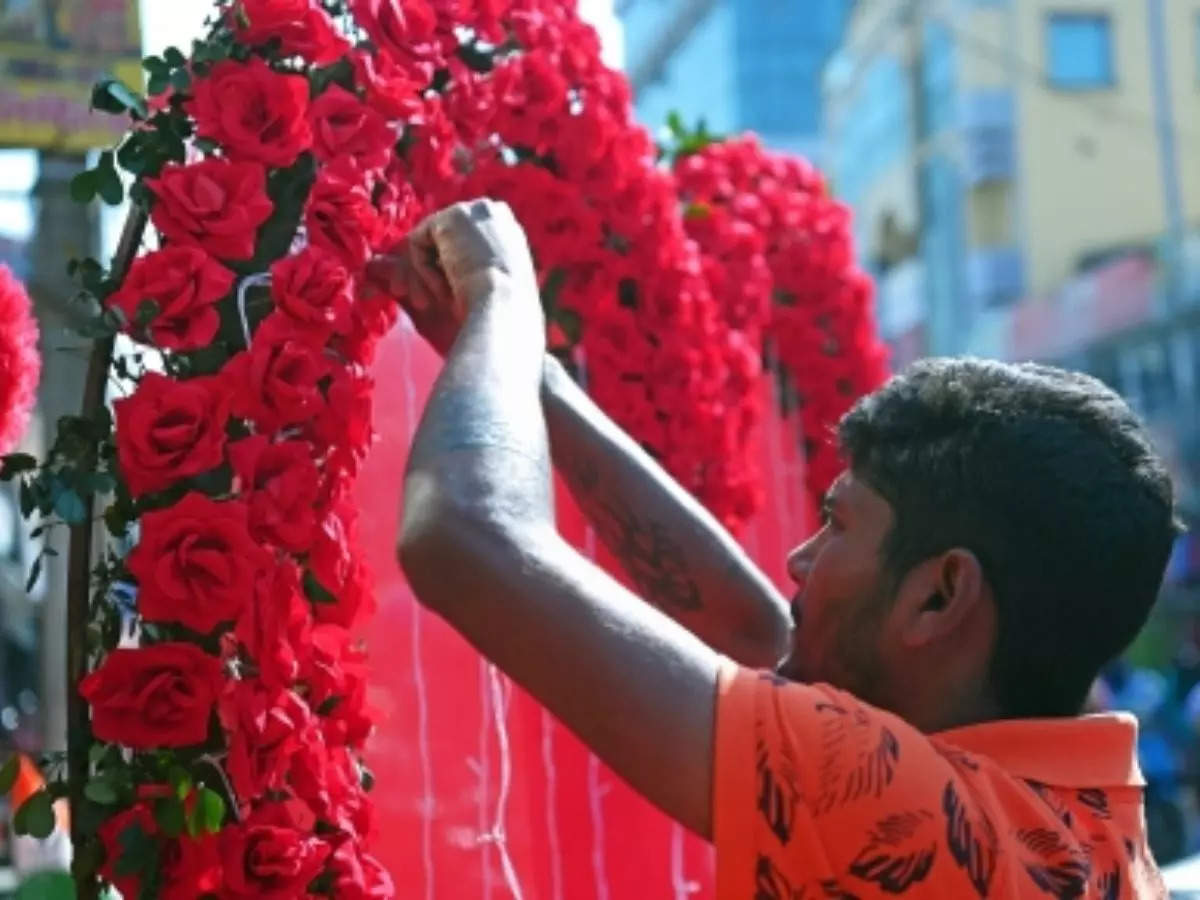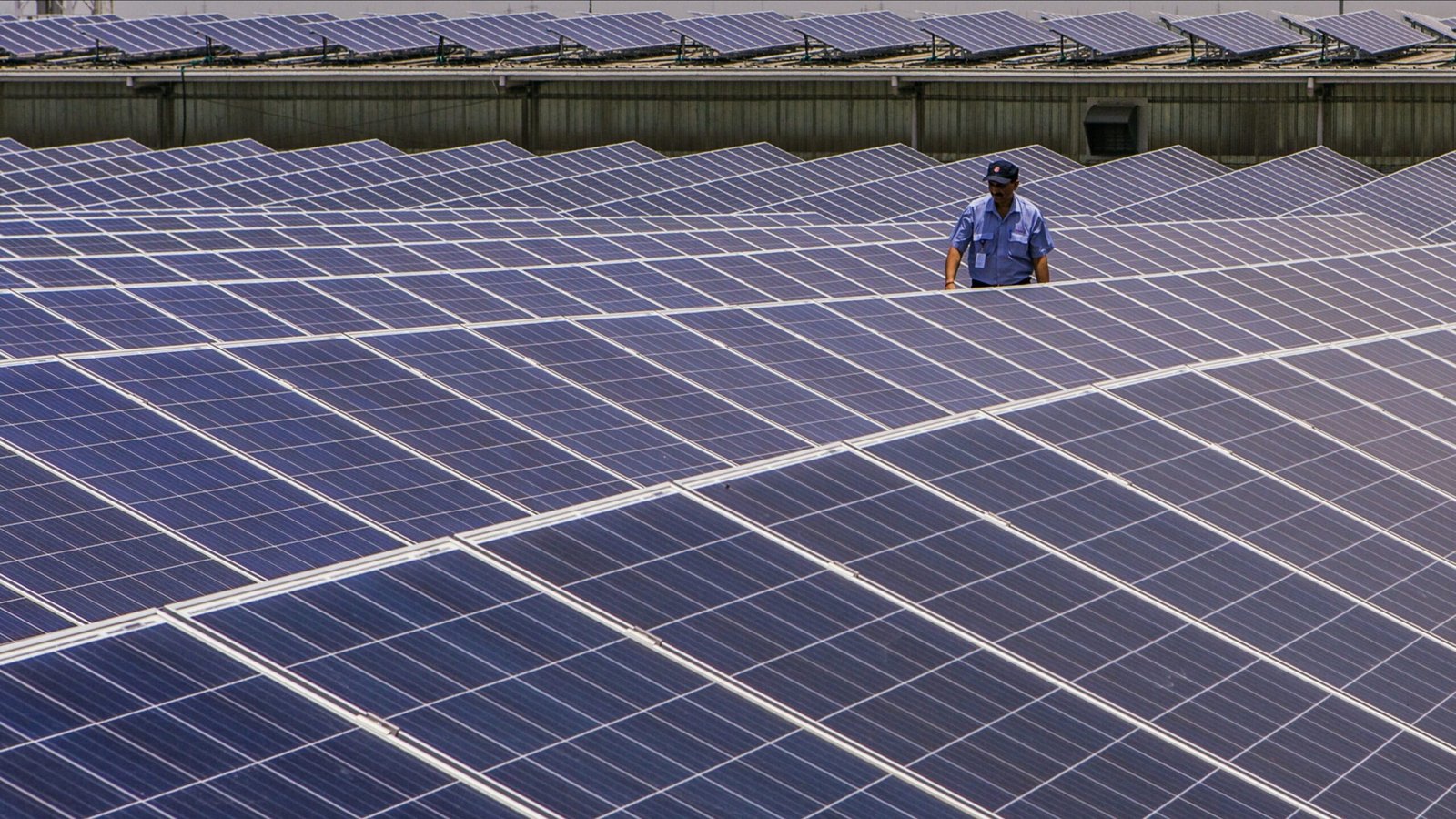Farmers say the sale of rose blooms was markedly uninterrupted for two months, during the months of Shravan as well as Navratras, selling at up to Rs 200 per kg. Thereafter, the prices shot up.
Where have all the roses gone? The bright pink Indian rose, known as desi gulab, used for almost all festivities and pujas, is not to be seen in most flower markets in cities of Gujarat, mostly as a result of losses suffered first due to the Covid-19 pandemic and more recently due to the extended, erratic monsoon.
The dire shortage has resulted in the prices of rose blooms selling between Rs 800-1000 per Kg.
Farmers say the sale of rose blooms was markedly uninterrupted for two months, during the months of Shravan as well as during the Navratra Puja, selling at up to Rs 200 per kg. Thereafter, the prices shot up.
Ghanshyam Chauhan from Rel village in Anand district says that rose farmers have suffered crop losses due to heavy rainfall that lashed the region in October.
“Just as the farmers were coming out of the cycle of losses that began with the Covid-19 lockdown in 2020, with events being cancelled due to the pandemic, the rain this year affected the yield.
“Fields with yields of 50 kilograms of roses during Diwali every year, could barely come up with one kilogram this season,” Chauhan says. Most farmers in Rel village, which has about 50 bighas of rose farms, have been unable to even meet their expenses.
In Vadodara, traders are saving the rose blooms for the garlands, which are priced at Rs 100 per piece. Garlands of marigold with rose in between are being sold for up to Rs 50 per piece.
While marigolds are selling at Rs 50 per kg, rose blooms are being sold up to Rs 500 per kg.
A trader says, “Customers pick up a mix of loose flowers along with garlands that usually has marigold and roses but this time, we are not able to give loose roses as they are extremely expensive. In Vadodara, the cost is Rs 400 to Rs 500 per kg but in cities like Ahmedabad and in North Gujarat, the prices are as high as Rs 800 to Rs 1,000 per kilo.
In the Baroda village of Matar taluka of Kheda district with about 400 bighas of rose farms, this year has been lackluster. Many farmers have even skipped the rose season this monsoon altogether and sown castor seeds instead.
************************************************************************
Readers











